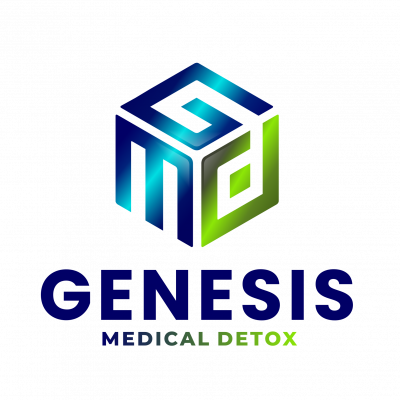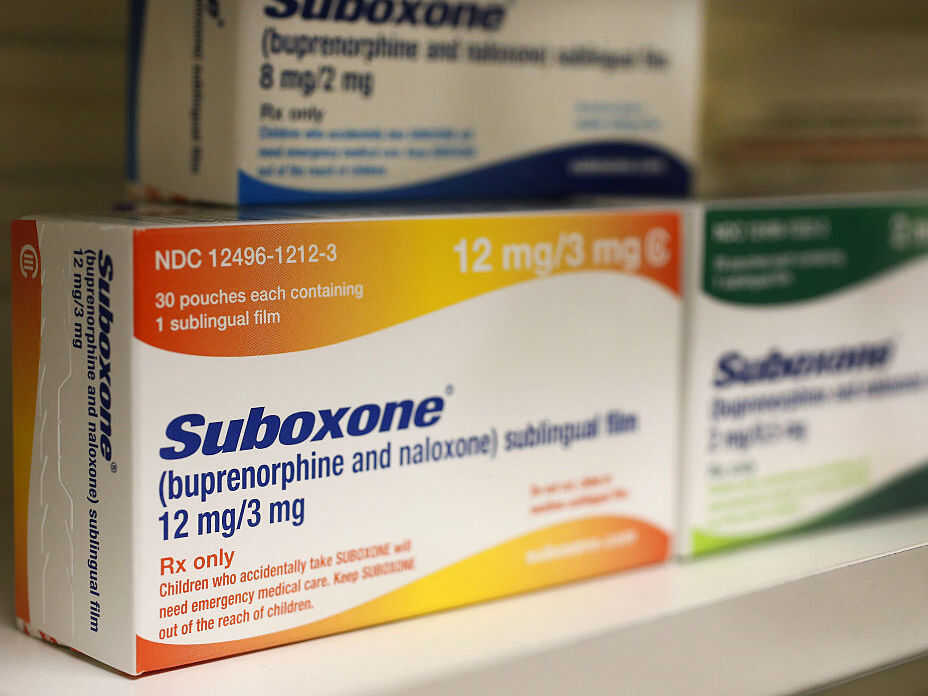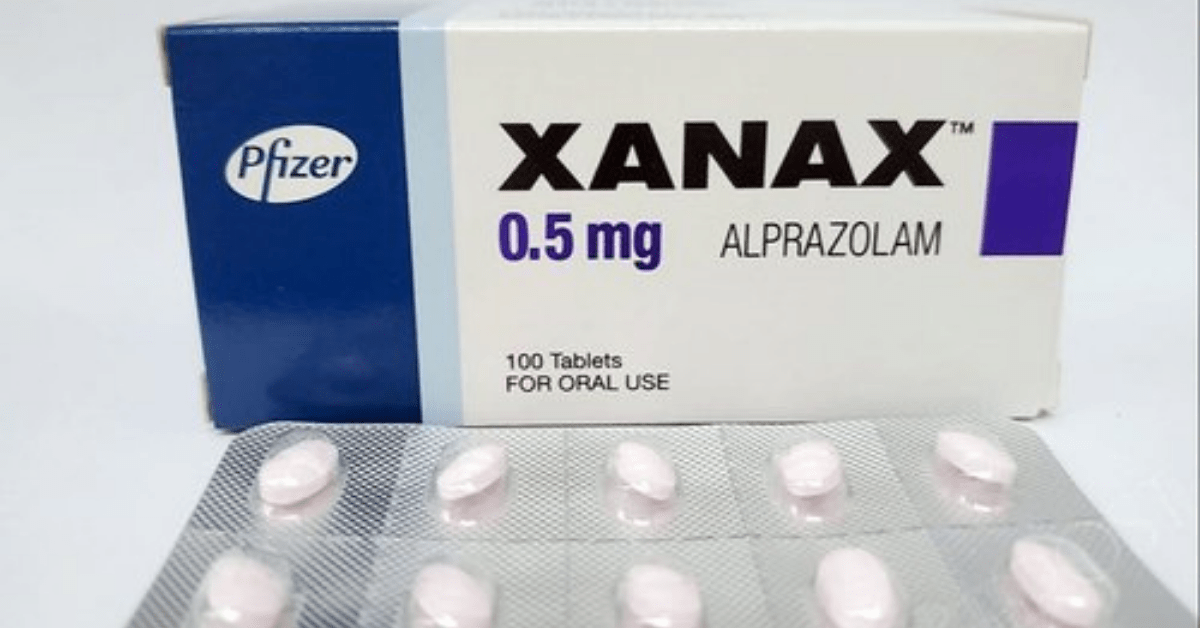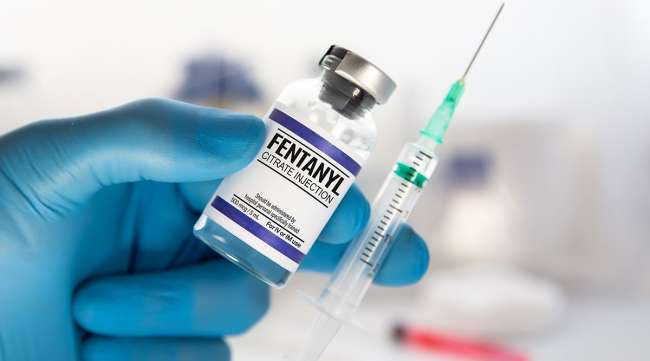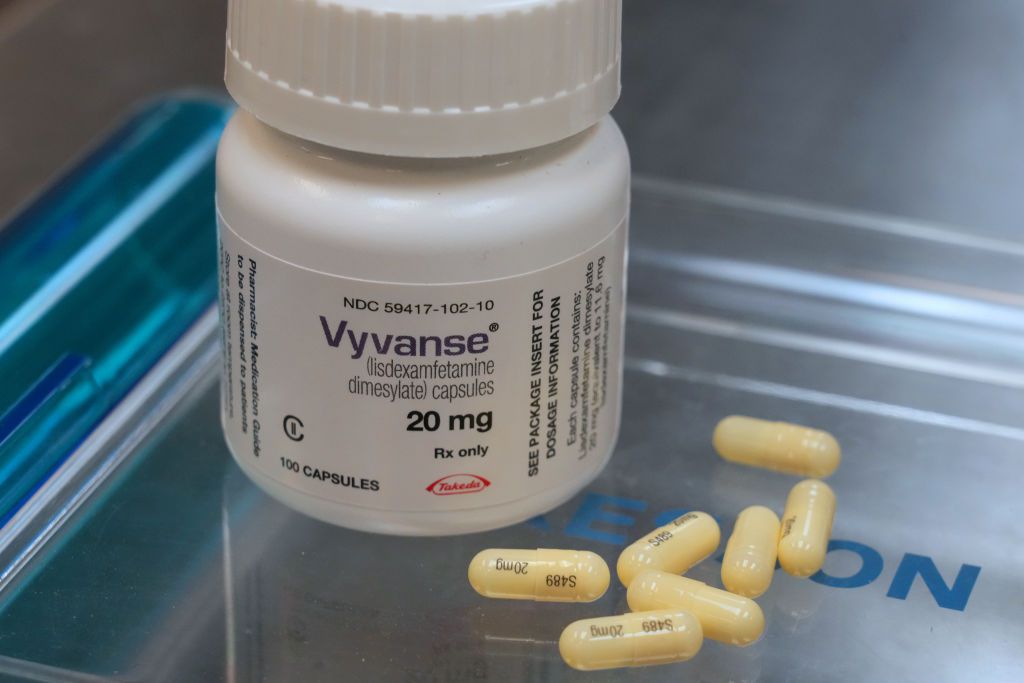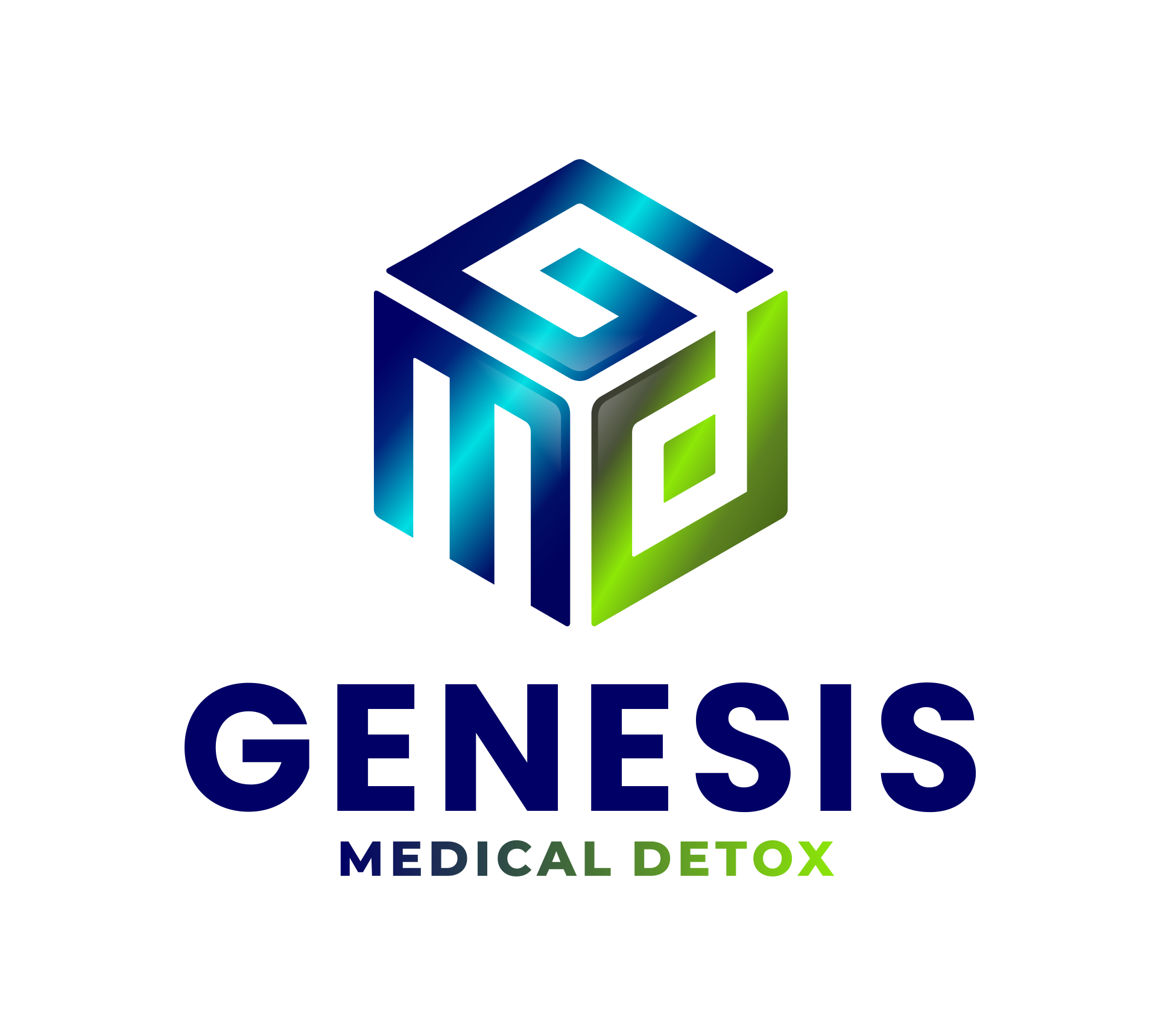
Cocaine is a powerful stimulant drug that can lead to addiction with devastating consequences. Detoxification, or detox, is the first step in the recovery process for individuals struggling with cocaine addiction. It involves removing the drug from the body and managing withdrawal symptoms to help the individual achieve sobriety. This post will discuss the origin of cocaine, its growing prevalence, how it affects the brain, addiction to cocaine, the importance of detox from cocaine and the benefits it can offer to those seeking to overcome their addiction.
What is Cocaine? Where Did it Come From?
Cocaine is an addictive stimulant drug. It is made from the leaves of the coca plant (Erythroxylon coca), which is native to South America. Cocaine is a Schedule II drug, which means that it has high potential for misuse but can be administered by a doctor for medical uses, such as local anesthesia for some eye, ear, and throat surgeries.
There are two chemical forms of cocaine: the water-soluble hydrochloride salt and the water-insoluble cocaine base (or freebase). Hydrochloride salt is a powder that is injected or snorted. The base form of cocaine is created by processing the drug with ammonia or sodium bicarbonate (baking soda) and water, then heating it to remove the hydrochloride to produce a smokable substance. This form of cocaine is sometimes called crack, which refers to the crackling sound of the rock as it’s heated. Crack can also be used by sprinkling it on marijuana or tobacco and smoking it.
The Growing Problem of Cocaine Use and Addiction
- In 2019, about 2 million Americans reported past-month cocaine use, and 5.5 million reported past-year cocaine use. According to the National Institute on Drug Abuse (NIDA), the largest age group at risk for cocaine abuse is adults between 18 to 25 years of age.
- For at least 15 years, past-year cocaine substance abuse has fluctuated from about 1.5% to 2.5%, hovering around the 2% mark. In 2019 about 2% of Americans used cocaine within the past year.
- In 2011, there were 505,224 cocaine-related emergency room visits in the United States. Cocaine was involved in about 40% of all drug-related emergency room visits that year.
- The use of cocaine can cause heart attacks, strokes, and seizures. All of these symptoms are dangerous and potentially deadly.
- Cocaine is involved in nearly 1 in 5 overdose deaths.
- Cocaine overdose deaths went down from 2006 to 2012 but have been steadily increasing since 2012.
- Almost 4,000 Americans died of cocaine-involved overdoses in 2017.
How Does Cocaine Affect the Brain?
The brain’s mesolimbic dopamine system or reward pathway is stimulated by all types of reinforcing stimuli, such as food, sex, and many drugs, including cocaine. This pathway originates in a region of the midbrain called the ventral tegmental area and extends to the nucleus accumbens, one of the brain’s key reward areas. Besides reward, this circuit also regulates emotions and motivation.
In the normal communication process, dopamine is released by a neuron into the synapse (the small gap between two neurons), where it binds to specialized proteins called dopamine receptors on the neighboring neuron. By this process, dopamine acts as a chemical messenger, carrying a signal from neuron to neuron. Another specialized protein called a transporter removes dopamine from the synapse to be recycled for further use.
Cocaine interferes with this normal communication process. For example, cocaine acts by binding to the dopamine transporter, blocking the removal of dopamine from the synapse. Dopamine then accumulates in the synapse to produce an amplified signal to the receiving neurons. This is what causes the euphoria commonly experienced immediately after taking the drug.
Addiction to Cocaine
Cocaine is typically used orally, intranasally, intravenously, or by inhalation. When snorted (intranasal use), cocaine powder is inhaled through the nostrils, where it is absorbed into the bloodstream through the nasal tissues. People may also rub the drug onto their gums (oral use). Dissolving cocaine in water and injecting it (intravenous use) releases the drug directly into the bloodstream and heightens the intensity of its effects. When people smoke cocaine (inhalation), they inhale its vapor or smoke into the lungs, where absorption into the bloodstream is almost as rapid as by injection.
Cocaine use ranges from occasional to repeated or compulsive use, with a variety of patterns between these extremes. Any route of administration can potentially lead to absorption of toxic amounts of cocaine, causing heart attacks, strokes, or seizures—all of which can result in sudden death.
Detox From Cocaine
Detox from cocaine is essential for breaking the cycle of addiction. The physical and psychological dependence on cocaine can be overwhelming, making it difficult for individuals to stop using the drug without professional help. Detoxification helps to safely remove the drug from the body and manage withdrawal symptoms, making it easier for individuals to focus on their recovery.
During detox from cocaine, individuals may experience a range of withdrawal symptoms, including fatigue, depression, anxiety, and intense cravings for the drug. These symptoms can be challenging to manage on their own, leading many individuals to relapse if they do not receive proper support and care during the detox process. Medical supervision and support from trained professionals can help individuals navigate these symptoms and stay on track towards sobriety.
Detox from cocaine can also help individuals lay the foundation for long-term recovery. By completing detox and achieving sobriety, individuals can begin to address the underlying issues that may have contributed to their addiction, such as trauma, mental health disorders, or social factors. With the support of counselors, therapists, and support groups, individuals can develop coping strategies and skills to maintain their sobriety and prevent relapse.
Furthermore, detox from cocaine can improve overall health and well-being. Prolonged cocaine use can take a toll on the body, leading to a range of physical and mental health issues. Detox can help individuals restore their health, regain their energy, and improve their overall quality of life. By breaking free from the grip of addiction, individuals can reclaim control over their lives and pursue a brighter, healthier future.
In Conclusion
In conclusion, cocaine is a widely used and highly addictive drug that continues to grow in demand and use. Cocaine’s affect on the brain is significant and in some cases irreversible. Detox from cocaine is a critical step in the recovery process for individuals struggling with addiction. It helps to remove the drug from the body, manage withdrawal symptoms, and set the stage for further treatment and long-term sobriety. By seeking support from trained professionals, individuals can overcome their addiction, address underlying issues, and improve their overall health and well-being.
If you or someone you know is struggling with addiction to cocaine or any other drug for that matter, Genesis Medical Detox and Magnolia Ranch Recovery are here to help. Our team of trained professionals make the detox process as comfortable as possible and set you up for the best possible chance of success in recovery from addiction.
